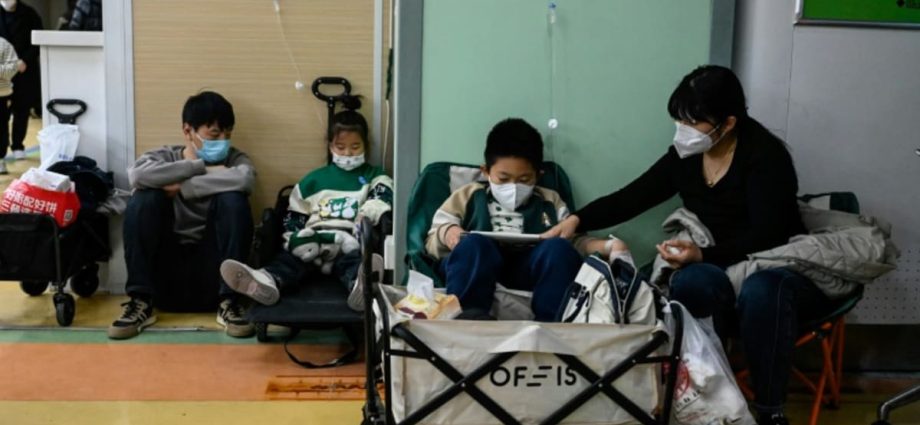
WASHINGTON: Five Republican senators led by Marco Rubio on Friday (Dec 1) asked President Joe Biden’s administration to ban travel between the United States and China after a spike in Chinese respiratory illness cases.
“We should immediately restrict travel between the United States and (China) until we know more about the dangers posed by this new illness,” said the letter signed by Rubio, the top Republican on the Senate Intelligence Committee.
The rise in cases became a global issue last week when the World Health Organization asked China for more information, citing a report on clusters of undiagnosed pneumonia in children by the Program for Monitoring Emerging Diseases.
The White House and the Chinese Embassy in Washington did not immediately comment.
Maria Van Kerkhove, acting director of the WHO’s Department of Epidemic and Pandemic Preparedness and Prevention, said earlier this week the increase appeared to be driven by a rise in the number of children contracting pathogens that they had avoided during two years of COVID-19 restrictions.
In recent months, the United States and China have been steadily increasing flights between the countries, which are still far below 2019 levels. The number rose on Nov 9 to 35 per week for each country, up from 12 per week in August.
In January 2020, then-President Donald Trump barred most non-U.S. citizens who had been in China in the prior two weeks from coming to the United States over concerns about COVID-19. However, he did not restrict or limit flights between the two countries.
The United States lifted the unprecedented travel restrictions for fully vaccinated international visitors starting in November 2021, including from China. The United States rescinded a separate requirement
air travellers test negative before arriving in June 2022.
The United States in January started requiring air passengers to get negative COVID tests after Beijing’s decision to lift its stringent zero-COVID policies and lifted the requirements in March.

